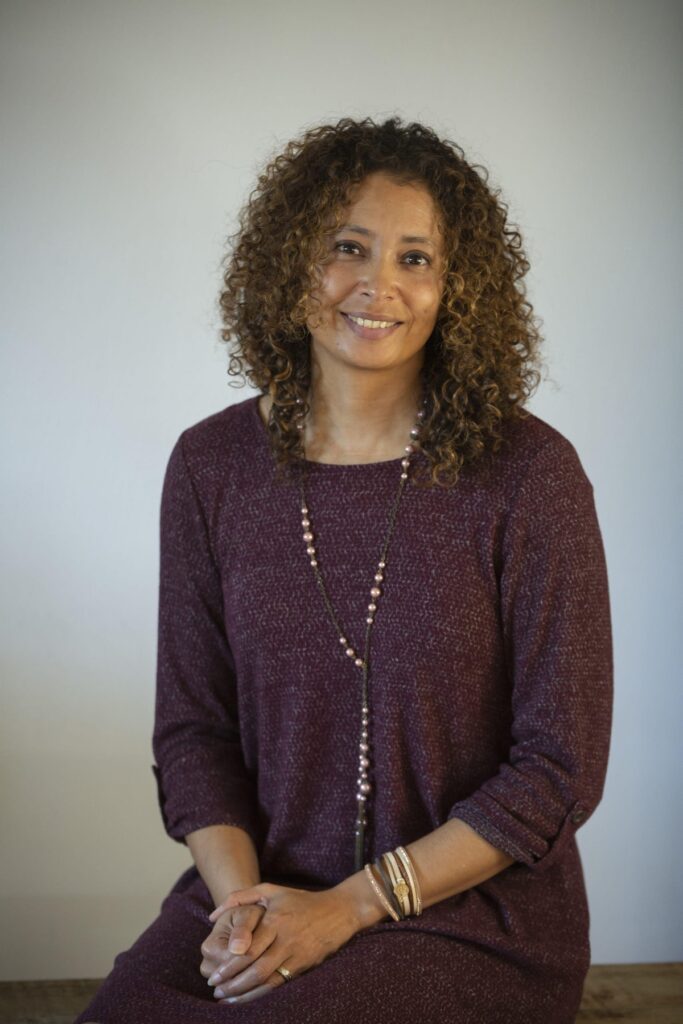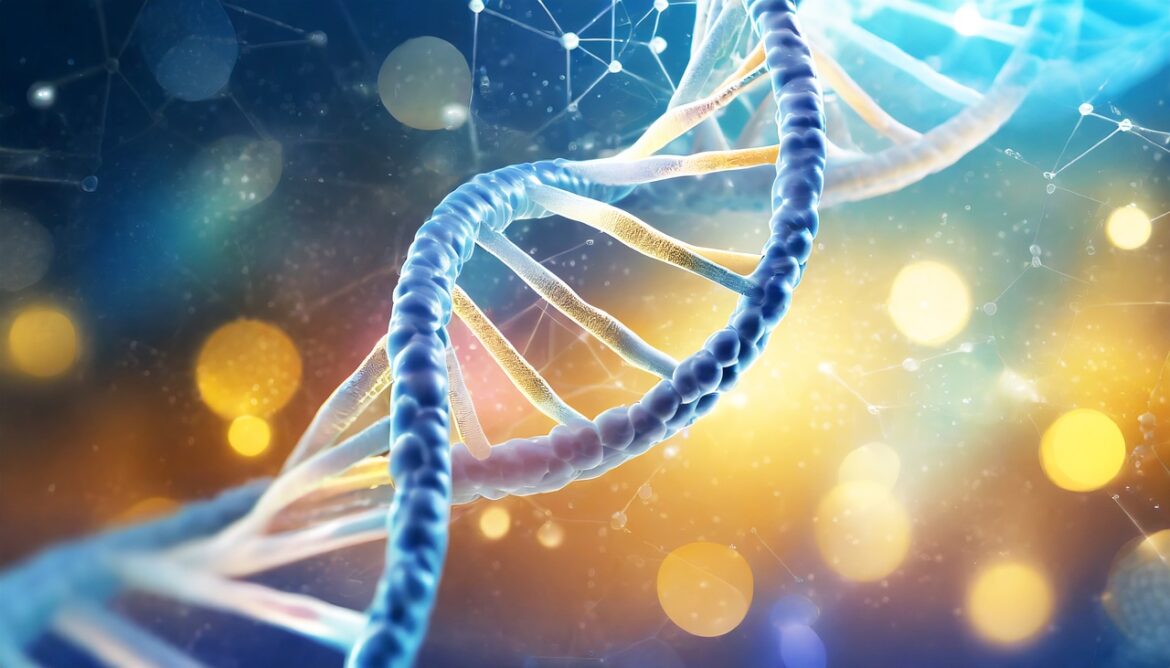By Jodi Girard, MS
On September 28, 2018, at 3 p.m., I opened an email from Ancestry.com notifying me that my DNA results were ready. When I clicked on the ethnicity tab, I saw 52% England/Northwestern Europe and 46% West Coast of Africa. “That’s odd. How can that be?” I thought to myself. I know what my dad looks like, I know what my mom looks like. I called one of my best friends who had taken an ancestry test to see if she could help me understand what I was looking at. I went to her house and showed her my results and she got very quiet.
“How are you feeling?” she asked.
“About what?”
“You’re half Black.” I had seen the results on the screen with my own two eyes, but it wasn’t until my friend said the words out loud, “you’re half Black” that it really hit me. I sat in stunned silence. This can’t be. Someone would have told me. My parents would never have hidden something this important. I couldn’t think, scenes from my entire life were swirling through my mind. Who else knew? I replayed every family event, every conversation, every look. I felt like someone was choking the very life out of me, pulling me apart. I didn’t know what to do next.
While my story is unique in several significant ways, it also mirrors the experiences of many others who have encountered a misattributed paternity surprise. This is often referred to by acronyms such as NPE (non-paternal event) or MPE (misattributed parentage experience). Whatever the label, the outcome is the same: we believed we knew our biological parent(s), we took a DNA test, and then learned that a fundamental truth about our lives was false.
The shock of receiving unexpected DNA results can be overwhelming. It disrupts your sense of self and everything you thought you knew about your identity. For me, despite the stark physical differences between me and my two white parents, I was flooded with a whirlwind of emotions—confusion, disbelief, curiosity, anger, bitterness, and even a sense of loss for the identity I had always believed was mine. This journey of self-discovery has fundamentally reshaped how I see myself and where I come from, leading to a profound shift in my understanding of who I am. Even the most grounded and rational individuals can find themselves searching for clarity in the midst of the chaos. Many people channel their anger, hurt, and confusion into helping others through podcasts, blogs, books, conferences, and Facebook support groups. It was at a conference that I first encountered, Richard Wenzel, a writer and speaker, about the NPE/MPE experience, who posed some difficult yet pivotal questions to me.
“Didn’t your pediatrician ever ask you or your mother about the obvious physical differences between you and your parents? There are important chronic diseases that disproportionately affect the Black community—were you ever tested or monitored for these? And when you had children, didn’t any of your doctors ask about your white only family history?” Stunned, I sat in silence before answering, “No. No one has ever asked me those questions. Ever.”
It had never occurred to me that medical professionals, in order to treat me, and eventually my children, appropriately, might need to inquire about the physical anomalies that contradicted the family history I had always shared. After our discussion, Richard introduced me to other incredible women, each with their own NPE stories, offering unique perspectives on his questions. Our collective answers, combined with Richard’s own experience as an NPE, sparked his drive to write an article addressing a significant issue: erroneous family medical history (FMH).
Alongside Richard, Eve Sturges, Gina Daniel, Lily Wood* and I set out to craft an article exploring how medical organizations recommend handling misattributed paternity discoveries. We examined whether and how this discovery should be disclosed to genetic or non-genetic parents or to the children in question. What is the responsibility of pediatricians and doctors when they uncover an a case of misattributed parentage? Does it matter whether this is discovered through genetic testing or by observing physical attributes that don’t align with the parents’? What does it look like to have compassionate, medically appropriate conversations when disclosing this information? And when is it appropriate to disclose, especially when the child is a minor?
Our article delves into current practices, points out potential contradictions, and examines the clinical and legal risks associated with both disclosure and non-disclosure. We note that the consequences of inaccurate family medical histories are significant. Learning that our article had been accepted for publication in the American Journal of Human Genetics was an exhilarating moment. This milestone has led us down numerous paths to help others navigate similar revelations. Our hope is to educate others to continue this important conversation about a subject that grows in prevalence with each DNA kit that’s purchased. View the article here.
*For more information about the article coauthors, please see their previously published Severance articles:
Richard Wenzel – PharmD – Too Bad, They’re Dead – Severance Magazine
Gina Daniel, DSW, LCSW, therapist, owner of Graystone Mental Health and Wellness Group – Q&A With Gina Daniel – Severance Magazine
Lily Wood – host of NPE Stories – Q & A With Lily Wood, Host of NPE Stories – Severance Magazine
Eve Sturges, LMFT, host of Everything’s Relative – Q&A: Podcast Host Eve Sturges – Severance Magazine
Jodi Girard, MS, grew up on a rural Iowa farm with two white parents and two white siblings and clearly looked different. Despite that, she never asked her parents why and no one ever talked about it. When the DNA test revealed that her ethnicity was 46% West Coast of Africa, her life was turned upside down. Discovering that the father who raised her, who loved her, was not her biological father was both devastating and freeing. For the first time in her life, the image in the mirror made sense ,and she had people she looked like. On the other hand, she had been telling a narrative her whole life that wasn’t true. She is still working on figuring out what it means to be a biracial woman, finding pride in both her white side and her black side. She has enjoyed getting to know her new siblings and cousins. She has found strength in the NPE community and in support groups like NPE Network and Right to Know. Her struggle has found meaning and purpose in sharing the truth now and she hopes to help others navigate a DNA discovery, especially when it involves a major ethnicity shift. She has appeared on The Bradley Hall Show, Show 029 (May 28, 2021), Missing Pieces NPE Life Podcast with Don Anderson Season 3, Episode 7 (July 27, 2023), NPE Stories podcast Episode 213 (with the other authors of the article) (February 19, 2025) and was a speaker on an Ethnicity Shift Panel, Untangling Our Roots Summit, April 2023, Louisville, KY. She lives in Kansas City and is the mother of five amazing children. She loves gardening, reading, cooking and fossil hunting. Find her on Instagram @fullyknown92818.


